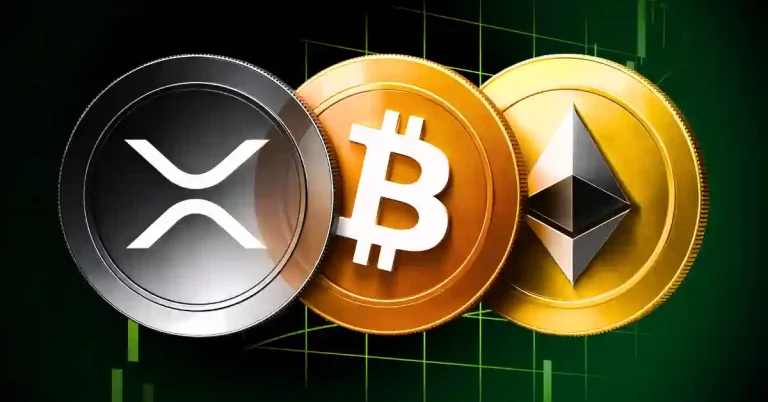
Navigating the Future: Emerging Trends in Fintech Technology
Focus Keyword: Fintech

Fintech, or financial technology, refers to the use of technology to improve and automate financial services. The term has been around for several decades, but it has gained significant traction in recent years, particularly with the emergence of new technologies such as blockchain, cryptocurrency, and artificial intelligence. In this article, we will explore some of the emerging trends in fintech technology and how they are changing the face of finance.
Blockchain and Cryptocurrency

One of the most significant trends in fintech is the use of blockchain and cryptocurrency. Blockchain is a decentralized, digital ledger that records transactions across a network of computers. It is the underlying technology behind cryptocurrencies such as Bitcoin and Ethereum, and it has the potential to revolutionize the way we think about money and financial transactions.
Cryptocurrency, in particular, has gained significant attention in recent years, with many investors and consumers turning to it as a alternative to traditional fiat currencies. However, it is still a relatively new and volatile market, and there are many regulatory and security concerns that need to be addressed.
Artificial Intelligence and Machine Learning

Another significant trend in fintech is the use of artificial intelligence (AI) and machine learning (ML). AI and ML refer to the use of algorithms and computer programs to analyze data and make decisions. In the context of finance, AI and ML can be used to analyze financial data, detect patterns, and make predictions about market trends and consumer behavior.
For example, AI-powered chatbots can be used to provide customer support and answer frequently asked questions, while ML algorithms can be used to detect and prevent financial fraud. Additionally, AI and ML can be used to optimize investment portfolios and provide personalized financial advice to consumers.
Mobile Payments and Digital Wallets

Mobile payments and digital wallets are another significant trend in fintech. With the rise of smartphones and mobile devices, consumers are increasingly turning to mobile payments and digital wallets as a convenient and secure way to make transactions. Mobile payments refer to the use of a mobile device to make a payment, while digital wallets refer to a digital container that stores payment information and other personal data.
Examples of mobile payments and digital wallets include Apple Pay, Google Pay, and PayPal. These services allow consumers to make payments online and in-store, and they are increasingly being adopted by merchants and consumers around the world.
Regulatory Technology (RegTech)

Regulatory technology, or RegTech, refers to the use of technology to comply with regulatory requirements. In the context of finance, RegTech can be used to monitor and report on financial transactions, detect and prevent financial fraud, and ensure compliance with anti-money laundering (AML) and know-your-customer (KYC) regulations.
RegTech is a significant trend in fintech, as it can help financial institutions and other organizations to reduce the risk of non-compliance and improve their overall regulatory posture. Additionally, RegTech can help to reduce the cost of compliance and improve the efficiency of regulatory processes.
Conclusion

In conclusion, the fintech industry is rapidly evolving, with new technologies and innovations emerging every day. From blockchain and cryptocurrency to artificial intelligence and machine learning, these trends are changing the face of finance and transforming the way we think about money. As the industry continues to grow and evolve, it is likely that we will see even more exciting developments and innovations in the years to come.






